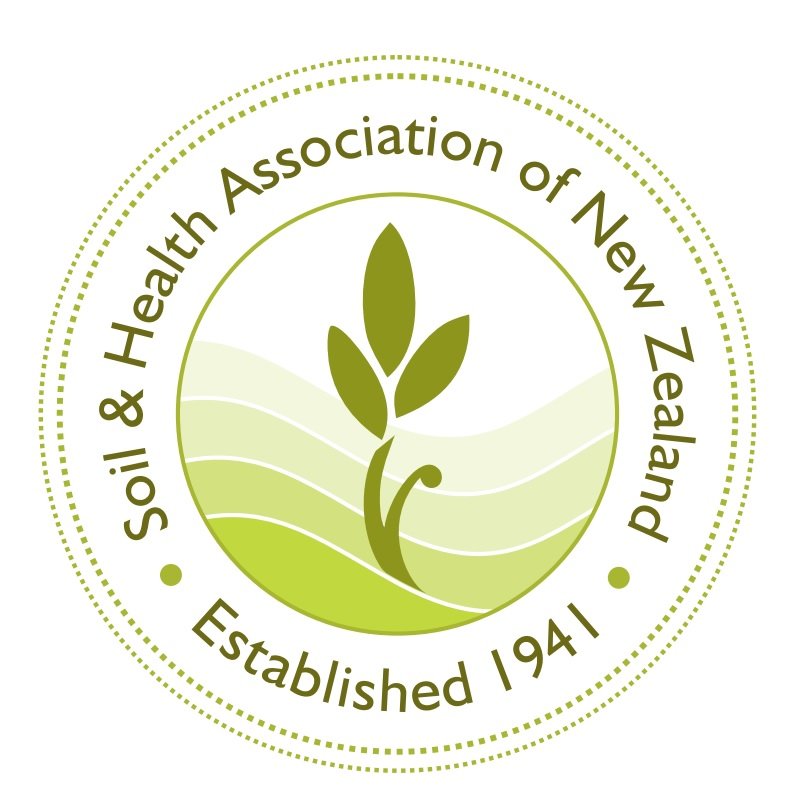Gene Bill would let the genie out of the bottle
MEDIA RELEASE
17 December 2024
Aotearoa New Zealand – Genetically engineered organisms of all kinds must be prevented from being let loose in the environment with no controls, monitoring or public knowledge, says the Soil & Health Association of New Zealand.
The Gene Technology Bill, which is scheduled to have its first reading in Parliament today, would rule a lot of genetic engineering techniques out of scope of regulation. This would mean many GE plants, seeds, microorganisms and animals could be released without any oversight.
“Changing the legal definition of GE doesn’t make these techniques any safer,” said Charles Hyland, chair of the Soil & Health Association. “Gene editing, rather than being precise, has been shown to result in numerous unexpected changes to DNA.”
“Therefore we need a precautionary approach to gene technologies in the outdoor environment, in our food, and for those technologies that involve heritable traits in any species.”
The Bill could mean that GE ryegrass or clover seed, for example, could be sold and sown without the knowledge of farmers, gardeners and their neighbours. It would be almost impossible to prevent the spread of GE plants, which can be spread via wind, insects and other vectors.
“We don’t need GE in food or farming – we already have nature-based solutions to our problems,” said Philippa Jamieson, Organic NZ editor.
“Organic regenerative farming and growing practices result in lower greenhouse gas emissions, cleaner waterways, reduced soil erosion, increased biodiversity and more resilient ecosystems – there’s no need to risk using GE,” she said.
“Our genetic engineering regulations are robust, protective, and must not be loosened.”
ENDS
Contact:
Charles Hyland, Chair, Soil & Health Association of New Zealand, 027 707 0747
Philippa Jamieson, Organic NZ editor, Soil & Health Association of New Zealand, 027 547 3929
Email: editor@organicnz.org.nz
Website: www.soilandhealth.org.nz
UPDATE: The Health Select Committee is receiving submissions on this Bill. They are due by 17 FEBRUARY 2025.


